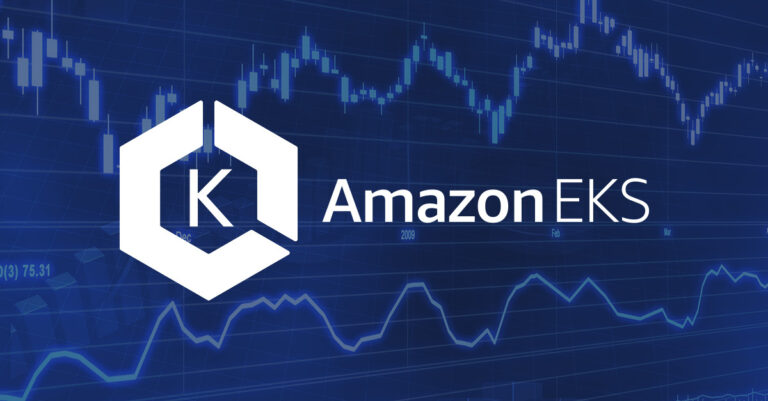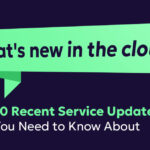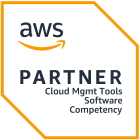
Amazon EKS Unveils New Pricing for Extended Kubernetes Support
After last year’s announcement that Amazon Elastic Kubernetes Service (Amazon EKS) is extending the support for Kubernetes minor versions by an additional 12 months, the cloud provider has now unveiled further information regarding its pricing model for the extended support period.
In a forward-thinking solution that addresses the lifecycle management challenges of Kubernetes, Amazon EKS versions 1.23 and higher will receive an additional 12 months of support, totaling 26 months from their general availability. This period includes ongoing security patches for the Kubernetes control plane and critical updates for essential add-ons, ensuring robust security and reliability for enterprise deployments.
The Cost of Staying Current
The financial implications of this extended support are clear and are designed to incentivize current practices in Kubernetes version management. Standard support remains priced at $0.10 per cluster per hour. However, once a cluster enters the extended support phase—beginning 14 months after a version’s release—the cost increases to $0.60 per cluster per hour. This pricing strategy underscores the importance of keeping Kubernetes deployments up to date, balancing the operational need for stability with the financial incentives to upgrade.
Impact on EKS Users
So, what does it actually mean for EKS users? Here is a breakdown of some of the financial implications of the new pricing model:
- A fleet of Amazon EKS clusters running on various Kubernetes versions will see a differentiated billing based on their support status, with standard support billed at $0.10 and extended at $0.60 per cluster per hour.
- Creating a new cluster on a version already in extended support incurs the higher rate from the outset.
- Upgrading a cluster from an extended support version to a version in standard support adjusts the billing back to $0.10 per hour post-upgrade.
These examples highlight the financial dynamics of managing Kubernetes at scale and underscore the importance of strategic planning in cloud operations.
Timing and Transition
The support windows for Kubernetes versions on Amazon EKS are now clearly defined, with 14 months of standard support followed by 12 months of extended support. This framework ensures that all Kubernetes versions from 1.23 onwards are eligible for this extended lifecycle, providing a predictable and manageable schedule for administrators.
The new pricing for extended support will take effect on the April 2024 billing cycle. Amazon EKS users are encouraged to review their current and planned Kubernetes deployments, leveraging the Amazon EKS version calendar for planning upgrades and ensuring cost-effective management of their cloud resources.
Embracing The Change
Amazon EKS’s introduction of extended support for Kubernetes versions represents a significant shift in cloud infrastructure management, blending operational flexibility with financial incentives to maintain up-to-date environments. As organizations continue to rely on Kubernetes for their cloud-native applications, this new model offers a balanced approach to managing the lifecycle of Kubernetes deployments, ensuring security, stability, and performance in the fast-evolving cloud landscape.









